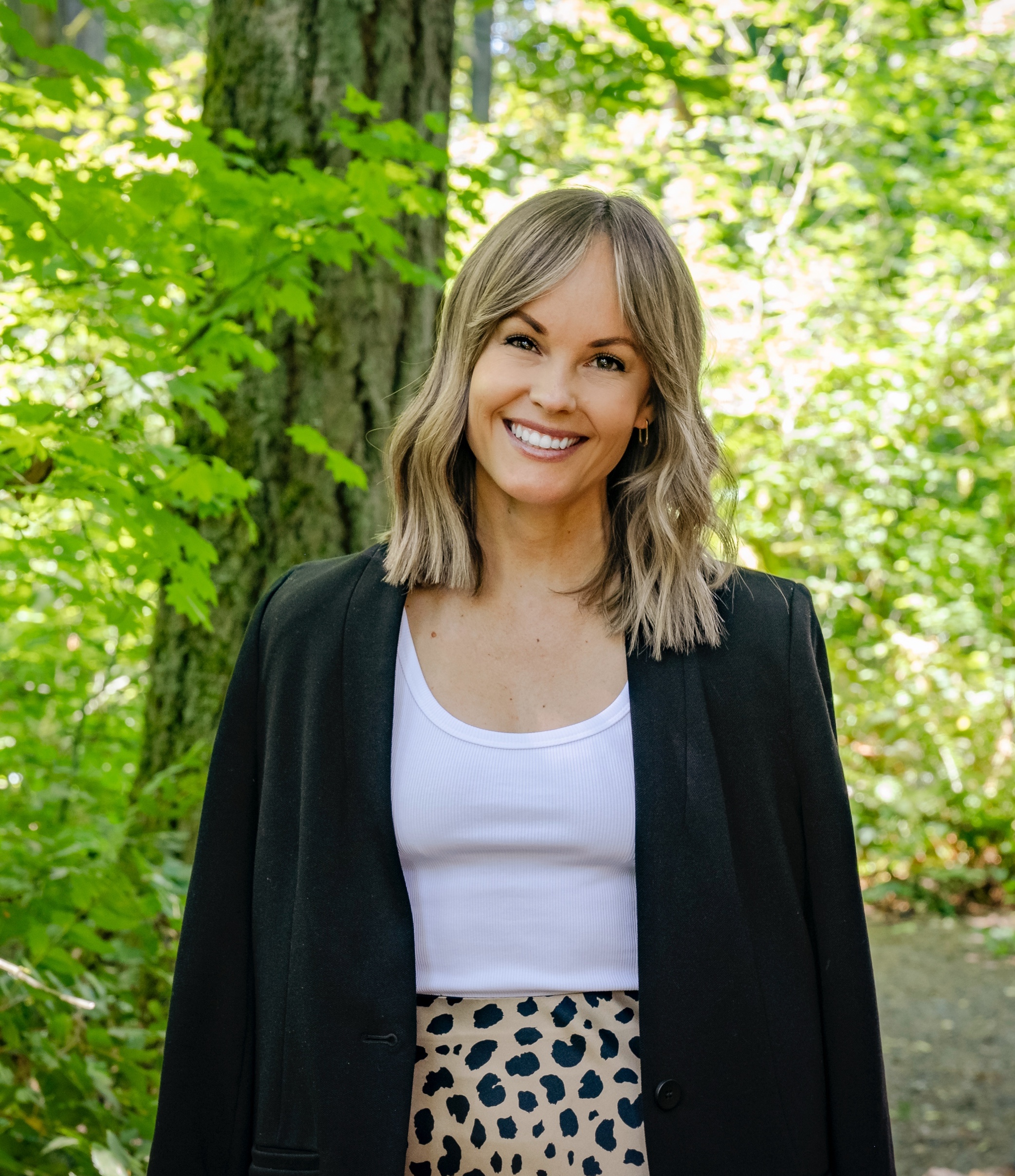By Kelsey Burkett, March 6, 2024
Homeownership has gotten more challenging over time. In fact, the average first-time homebuyer is now 36 years old. Without the proper support and guidance, a home purchase can be filled with unfamiliar terms and financial complexities. Understanding which factors are most important to prepare for can help you make informed decisions that are right for you and your unique circumstances. Let’s explore five key components that every first-time homebuyer should be familiar with: credit score, percentage down payment, earnest money, closing costs and loan-to-value (LTV) ratio.
Credit Score:
Your credit score is a numerical representation of your creditworthiness, and it plays a pivotal role in determining your mortgage eligibility and interest rates. Lenders typically use FICO scores, and a higher score often translates to lower interest rates. Your mortgage rate determines the amount of interest you’ll pay over the life of the loan. Before embarking on your homebuying journey, check your credit report for any errors and work on improving your score if needed. Aim for a score above 700 to secure favorable mortgage terms. Business Insider suggests “aiming to get your credit score in the ‘good’ range (670 to 739) would be a great start towards qualifying for a mortgage. But if you’re wanting to qualify for the lowest rates, try to get your score within the ‘very good’ range (740 to 799).”
It’s worth noting that your credit score is one of many factors that mortgage lenders/brokers consider. Along with your credit score, they also assess income, employment history and your debt-to-income ratio.
Percentage Down Payment:
The down payment is a percentage of the home’s purchase price that buyers must pay upfront. While a 20% down payment is often recommended to avoid PMI (private mortgage insurance – an additional fee you pay monthly to “insure” your mortgage), many first-time buyers find it challenging to save such a substantial amount. In fact, there are various loan programs that accept lower down payments, such as FHA loans (requiring as little as 3.5%). Ultimately, the amount you’re able to put down, along with your loan-to-value ratio, help determine your home buying budget. When determining what you can “afford” for your down payment, make sure you’re also accounting for inspection costs (~$1,000 is typical), closing costs (escrow/lender fees), pre-paids (taxes, insurance, etc) and a reasonable savings cushion in case other costs or life changes pop up.
Earnest Money:
Earnest money is a deposit made by the buyer to show their serious intent to purchase a property. It is typically held in escrow until the transaction is finalized and counts towards your down payment total. While the amount can vary, a good rule of thumb is 1-3% of the home’s purchase price. First-time buyers should be aware of the local market and consider it a factor in making a “strong” offer. Your Realtor will help guide you, taking your unique goals and financial situation into account, as well as the current market and seller motivations. Luckily, buyers are protected at key points throughout a real estate transaction and as long as you’re within your contingency triggers/dates, your earnest money may be refunded if you end up needing to walk away (we don’t see this happen very often with our clients!). That being said, if a deal falls through outside of those key milestones, earnest money may be at risk.
Closing Costs + Pre-paids:
One factor that tends to be elusive when first-time buyers are considering how much money they can afford to put down on a home are closing costs. Closing costs encompass various fees and expenses associated with finalizing the home purchase. They typically include appraisal fees, title insurance, lender fee and escrow fees, etc. Pre-paids are the collection/proration of property taxes, interest and homeowners insurance. These costs differ depending on the time of year you are purchasing, as well the requirements of your lender/loan program.
It’s crucial for first-time buyers to factor in closing costs and pre-paids when budgeting for their home purchase. On average, these costs can range from 2-5% of the home’s purchase price.
Loan-to-Value (LTV) Ratio:
The LTV ratio is a comparison of the loan amount to the appraised value of the home. For instance, if you are putting 20% down ($50,000) on a $250,000 home, your loan amount would be $200,000, resulting in an LTV ratio of 80%. Lenders often prefer lower LTV ratios, as it signifies a lower risk for them. First-time buyers should aim for a lower LTV to secure better mortgage terms and potentially avoid private mortgage insurance (PMI). Qualifying standards vary by lender, but a loan with an LTV ratio of 80% or lower is usually considered the most ideal. Ultimately, the less “skin in the game” the lender has, the less risk or penalty if you aren’t able to pay. That’s not to say that this is a requirement of getting a loan; you can absolutely have a higher LTV and qualify for a number of loan programs.
As a first-time homebuyer, navigating the complexities of the real estate market can be challenging. By understanding and prioritizing key factors like credit score, down payment, earnest money, closing costs and LTV ratio, you’ll be better equipped to make informed decisions that align with your financial goals. Finding a knowledgeable Realtor and Mortgage Broker/Lender to guide you through each step of the process will help alleviate stress and set you up for success for your first home purchase.
I’d love to discuss your goals and what you’re looking for in a home. Reach me at kelsey@livingroomre.com // 971.371.0203 // @kcb_portland.
